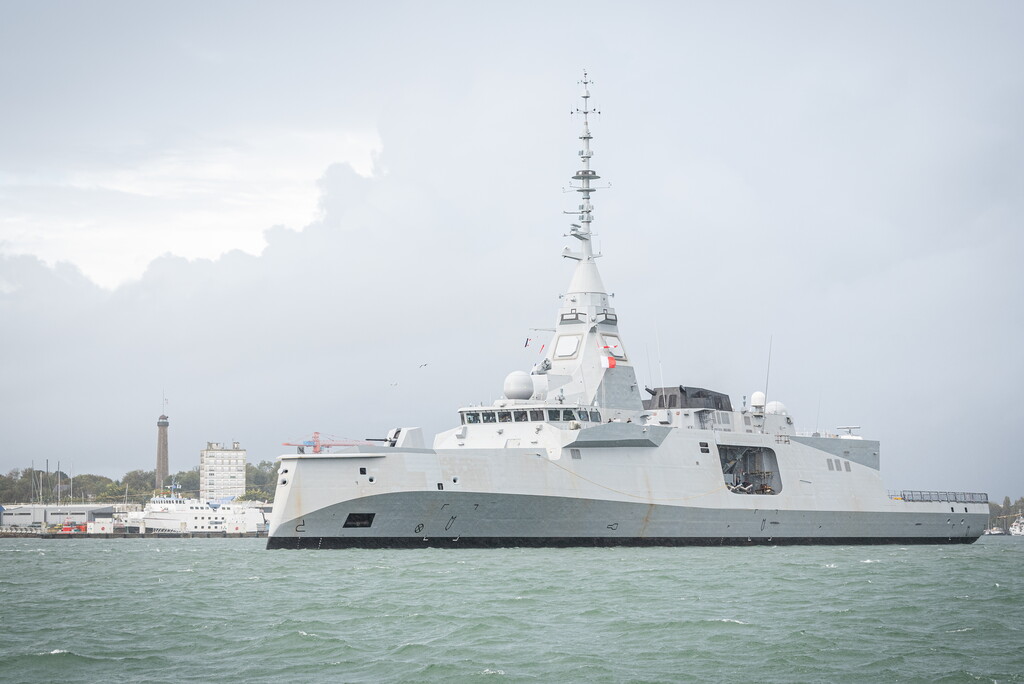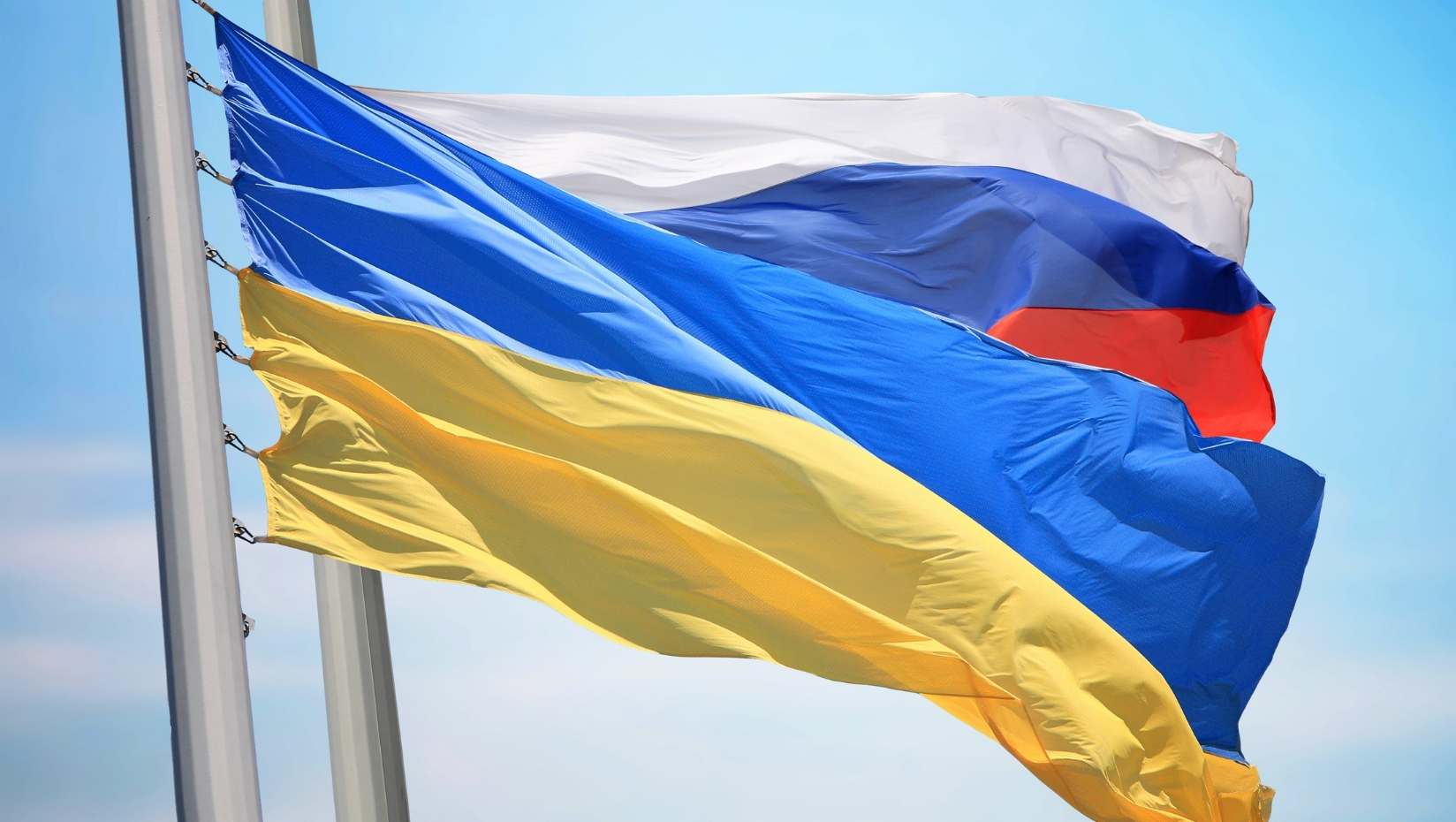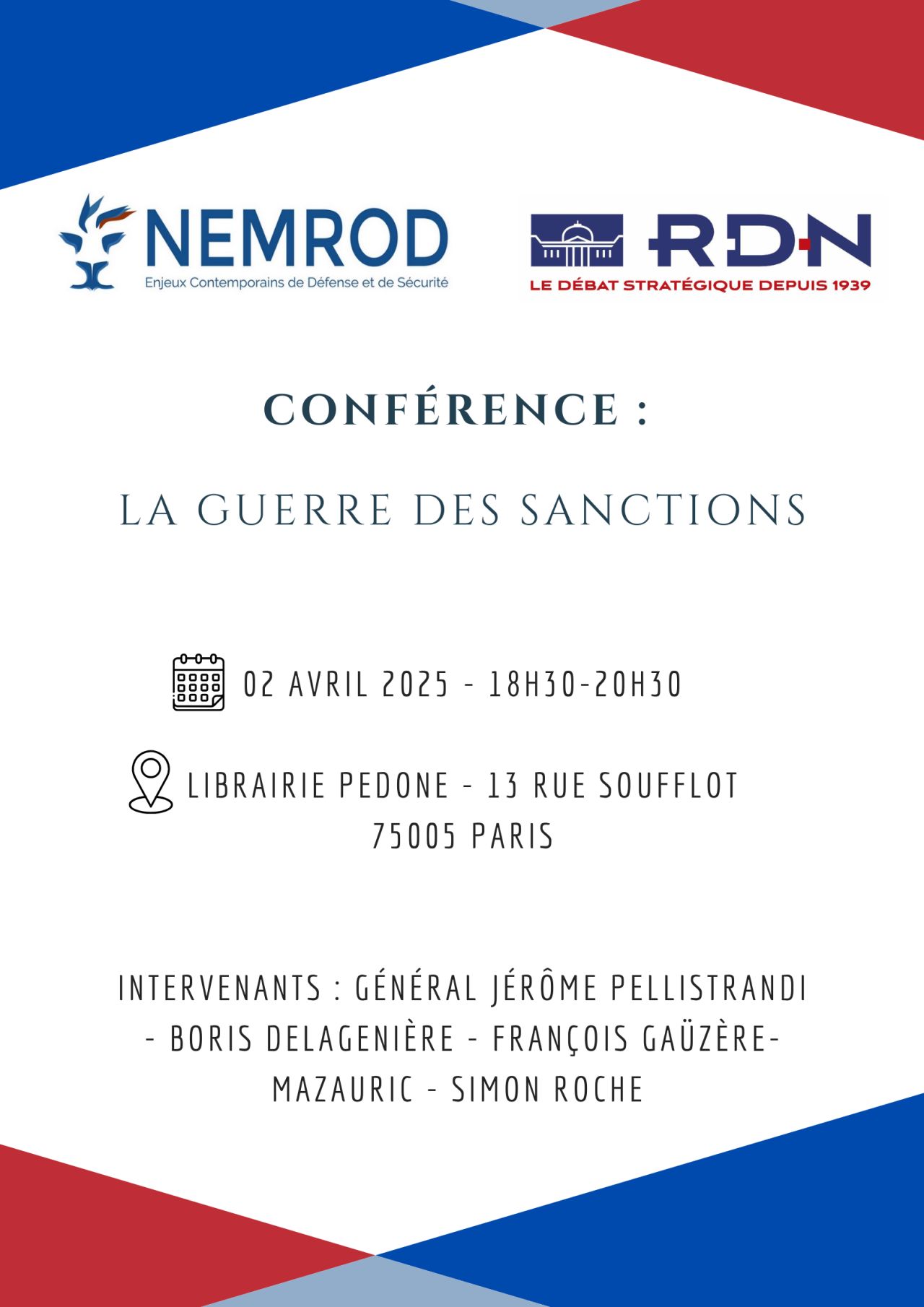After a brief description of the GICAT group, its chief representative describes the tasks of land forces today, which are always at the heart of crisis- prevention and crisis-resolution operations but are over-employed and relatively under-funded. Michel Rondeau goes on to review the land armaments industry, in particular the major role of the ‘Anglo-Saxon’ world. Finally, he suggests five areas in which Europe should play a role.
Land armaments: higher priority needed
Ground-based defence equipment encompasses all the weaponry necessary for an army to carry out its operations. GICAT is a professional group that brings together the vast majority of companies operating in this field, including all the big names. Today there are more than 100 companies in the group, of which more than a half are SMEs. Together, they represent 90% of French activity in ground-based defence, employing around 14,000 people and having a combined turnover of €3 bn. They are present in three principal sectors:
the land sector represents nearly 45% of total turnover and covers companies involved in the manufacture of armoured systems, tactical and logistic vehicles, artillery systems, conventional precision munitions, engineer materiel, land-clearing equipment, and also those involved in the logistics chain and maintenance; the aeronautical sector covers those companies which make missile, UAV and helicopter systems, and counts for some 18% of the total activity; the electronics sector includes the experts in command, intelligence and communication systems, together with the suppliers of subassemblies and components for all weapon and information systems. This sector represents slightly more than 36% of activity.
Il reste 94 % de l'article à lire







